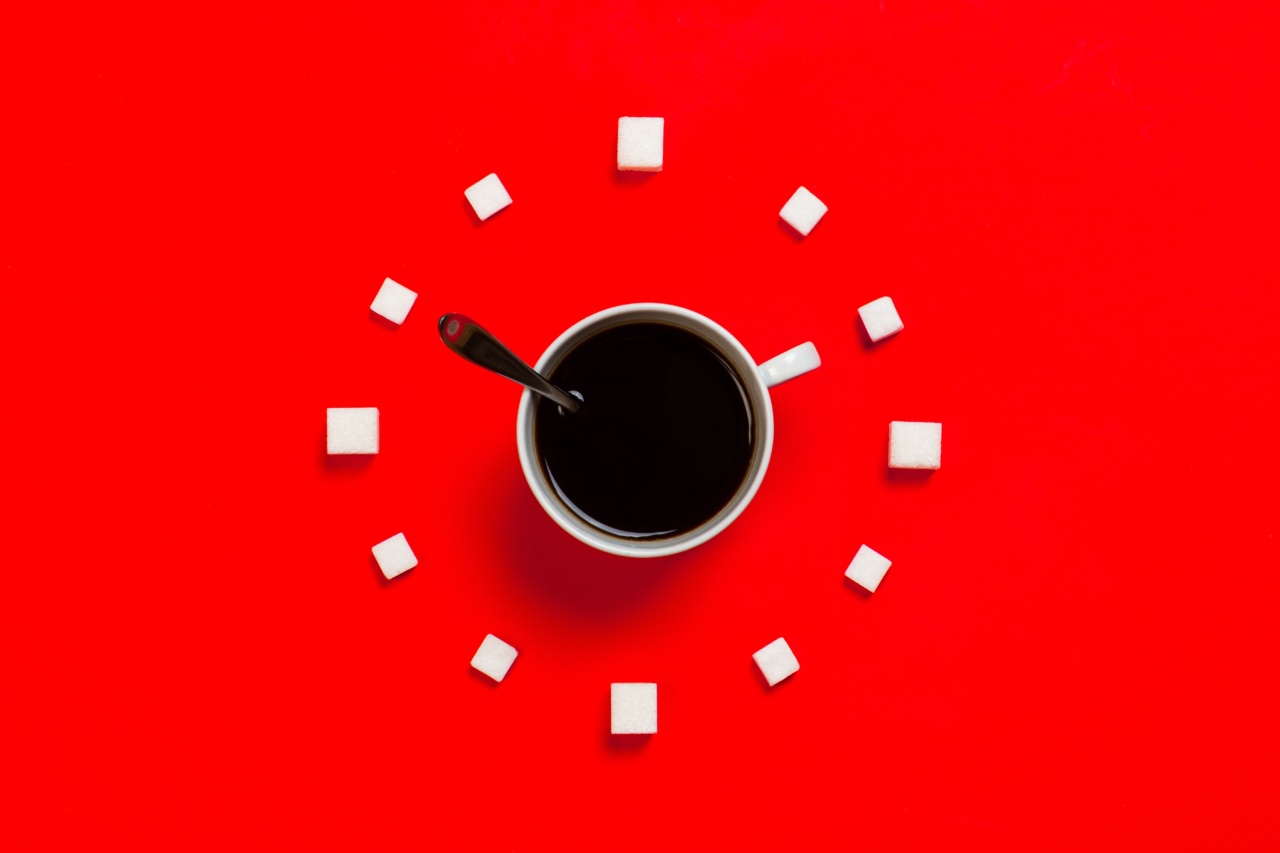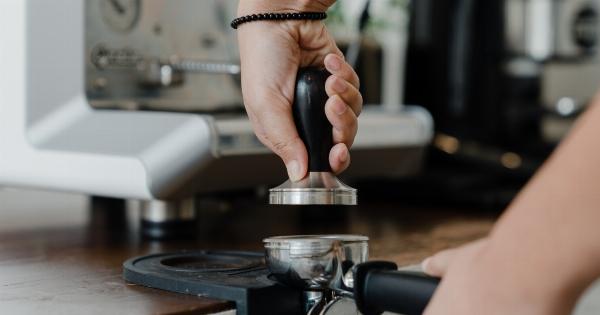Many of us rely on a morning cup of coffee to kickstart our days and keep us energized throughout the day. However, excessive consumption of caffeine can lead to a variety of negative side effects, including caffeine jitters.
If you find yourself experiencing restlessness, nervousness, or even shaking after drinking coffee, it might be time to consider cutting down on your caffeine intake.
Understanding caffeine jitters
Caffeine jitters, also known as coffee jitters, are a common side effect of consuming too much caffeine.
When we consume beverages or foods that contain caffeine, the stimulant affects our central nervous system, increasing alertness and temporarily relieving drowsiness. However, excessive amounts of caffeine can lead to jittery sensations.
The jitters are typically characterized by restlessness, nervousness, and shakiness, often accompanied by an increased heart rate.
These symptoms can be discomforting and interfere with daily activities, making it important to identify and manage the underlying cause.
The impact of caffeine on the body
Caffeine is a natural stimulant found in various beverages and foods, with coffee being one of the most popular sources. When consumed, caffeine enters the bloodstream and blocks adenosine receptors in the brain, which helps in staying awake and alert.
However, excessive caffeine intake can lead to overstimulation of the nervous system, causing the jittery sensations many individuals experience.
Moreover, caffeine is known to increase the production of stress hormones such as cortisol, which can contribute to feelings of restlessness and anxiety.
Additionally, caffeine can disturb sleep patterns, leading to further fatigue and exacerbating jitters.
Identifying the signs of excessive caffeine consumption
It’s essential to recognize the signs of excessive caffeine consumption to determine if you’re consuming more caffeine than your body can handle. Some signs that you might be relying too heavily on caffeine include:.
1. Restlessness and inability to relax
If you find yourself constantly feeling restless or unable to relax, it might be a sign that your caffeine intake is excessive. Caffeine stimulates the nervous system and can make you feel on edge, contributing to an overall sense of restlessness.
2. Frequent urination
Caffeine is a diuretic, which means it increases urine production and can lead to more frequent trips to the bathroom. If you notice yourself needing to urinate more often than usual, it could be a sign that you’re consuming too much caffeine.
3. Difficulty falling asleep or disrupted sleep
As mentioned earlier, caffeine can interfere with sleep patterns, especially when consumed later in the day. If you struggle to fall asleep or find yourself waking up frequently during the night, it might be due to excessive caffeine intake.
4. Increased heart rate and palpitations
Excessive caffeine consumption can result in an increased heart rate and heart palpitations. If you notice your heart racing or irregular heartbeat after consuming caffeine, it might be time to cut down.
5. Gastrointestinal issues
Caffeine can stimulate bowel movements and cause gastrointestinal distress, including stomach upset, acid reflux, and even diarrhea.
If you frequently experience these symptoms after consuming caffeine, it’s a sign that you might be consuming too much.
Tips for cutting down on caffeine
If you’ve determined that your caffeine intake is causing jitters or other negative effects, it’s time to take steps to reduce your consumption. Here are some tips to help you cut down on caffeine:.
1. Gradually reduce caffeine intake
Instead of going cold turkey, gradually reduce your caffeine intake over time. This will help your body adjust to the change more easily and minimize withdrawal symptoms.
2. Replace coffee with decaf or alternative beverages
If you enjoy the ritual of having a warm beverage in the morning, switch to decaffeinated coffee or try alternative beverages such as herbal tea or hot water with lemon.
3. Be mindful of hidden sources of caffeine
Caffeine is not only found in coffee but also in other sources such as tea, energy drinks, chocolate, and certain medications. Be mindful of these hidden sources and limit your consumption accordingly.
4. Stay hydrated
Drinking plenty of water throughout the day can help alleviate some of the coffee jitters and keep your body hydrated.
5. Get enough sleep
Adequate sleep is essential for overall well-being and reducing dependence on caffeine. Aim for a consistent sleep schedule and create a relaxing bedtime routine to ensure quality sleep.
The benefits of cutting down on caffeine
Reducing your caffeine intake can have numerous benefits for your health and well-being. Here are some of the advantages you may experience:.
1. Improved sleep quality
By cutting down on caffeine, you’re likely to notice improvements in your sleep quality. Reduced caffeine intake can help establish a healthier sleep routine, leading to more restful and rejuvenating sleep.
2. Reduced anxiety and restlessness
Caffeine’s impact on stress hormones can contribute to feelings of anxiety and restlessness. By cutting back on caffeine, you may experience a decrease in these symptoms and an overall sense of calmness.
3. Stabilized energy levels
While caffeine provides a temporary energy boost, it often comes with crashes and fluctuations. By reducing your caffeine intake, you can achieve more stable and consistent energy levels throughout the day.
4. Better digestion
Caffeine can be harsh on the digestive system, leading to acid reflux, stomach upset, and other gastrointestinal issues. Cutting down on caffeine can help alleviate these symptoms and promote better digestion.
5. Increased hydration
Excessive caffeine consumption can contribute to dehydration due to its diuretic effect. By reducing caffeine intake, you can improve hydration levels in your body.
Listen to your body
It’s important to pay attention to how your body reacts to caffeine and make adjustments accordingly.
While some individuals can handle higher amounts of caffeine without experiencing jitters or other negative effects, others are more sensitive to its impact.
Experiment with gradually reducing your caffeine intake and observe how your body responds. You may find that cutting down on coffee or other caffeinated beverages improves your overall well-being.
In conclusion
Caffeine jitters can be an uncomfortable and unpleasant side effect of excessive caffeine consumption.
By recognizing the signs of overconsumption and taking steps to reduce your caffeine intake, you can minimize these jitters and improve your overall health and well-being. Be mindful of how caffeine affects your body and listen to its signals, as everyone’s tolerance to caffeine varies.































